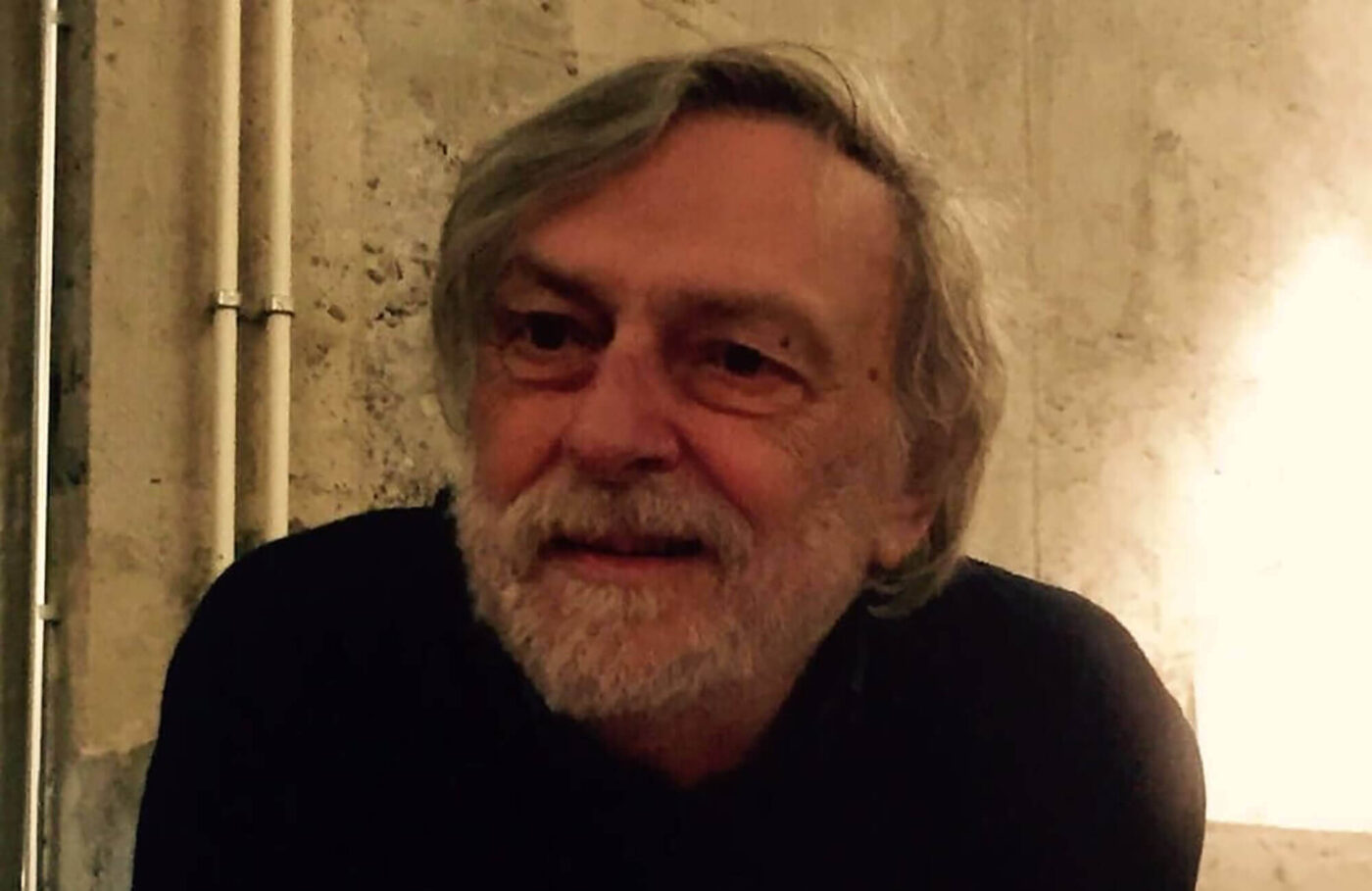Gino Strada, das “Surgical Animal”

An extraordinary person
Gino Strada is an italien war surgeon and founder of the UN-regognized Italian NGO Emergency. Emergency has operated in thirteen war-torn countries. Since 2012 the Emergency Switzerland Foundation supports the worldwide operating relief organisation and is now a client of Essence Relations.
The Italian war surgeon and Right Livelihood-Award winner Gino Strada has operated on over 30000 victims of war and poverty. The majority of them are civilians. “Armed violence against civilians is spreading like popcorn all over the world”, he says – and urges UN officials, governments and civil societies to declare war and arms trade illegal. Sure, he knows it’s a utopian dream. But why not start this discussion? Gino Strada is a true agent of change. His vision and idealistic aims are rooted in the harsh realities of his experiencens as a war surgeon.
Gino Strada interviewd by Helene Aecherli for annabelle:
Gino Strada, you could have made a brillant and comfortable career as a cardiologist in Italy, but you decided to become war surgeon instead. Why?
The most relevant factor was pure curiosity: To see what my work would look like in countries where you have a lot of wounded and no doctors – compared to Europe where you have few civilians injured and doctors waiting for their patients in the hospitals.
Where did you go on your first mission?
To Quetta, at the border between Pakistan and Afghanistan. This was in 1989; I was working there for over a year. And there I realized the ugliness of armed conflicts: fighters we saw very rarely, 90 percent of our patients were civilians.
Women and children?
Oh yes. Children made up to 35 to 40 percent of the patients. Most of them had wounds from shrapnel, bombs and rockets. Not many were hit by bullets – patients severely injured by bullets would hardly have survived the journey to the hospital. A lot of patients though were injured by anti-personal mines. Mines that look like butterflies and function as baits for children: the mines explode if they are picked up. Today there is still an estimate of eight till ten million unexplodes landmines in Afghanistan, a country of 25 million people. So each person has got half a mine waiting somewhere.
How much can you do as a surgeon?
If you know how to do war surgery, the results are excellent. But it has been a big learning curve for all of us.
What did you have to learn?
You have to focus on what is called wound surgery, something a typical Western surgeon has harldy ever done. That means, you have to adapt to a new surgical approach. Let me give you an example: You have a tiny hole, just about three millimeters big, caused by the explosion of a landmine. For most surgeons this looks like a nursing practice, not a surgical operation. They would say: “Easy, one stich.” This is a crucial mistake. Because in doig so they don’t take into consideration that contaminated metallic fragments as well as sand, stones, grass, mud, pieces of cloth and material are sucked deeply into the wound as a landmine explosion, as far as the energy transfer is concerned, is much more destructive than a bullet. So if you have this tiny hole and make a centimeter wide incision you find a lot of things and dead tissue inside that you have to remove. If you don’t, this can lead to an infection and sepsis. Surgery of the wound is tedious and time consuming, but it’s what makes all the difference for the patients…
Read the whole Interview with Gino Strada here.